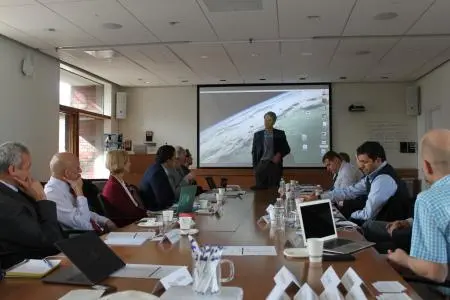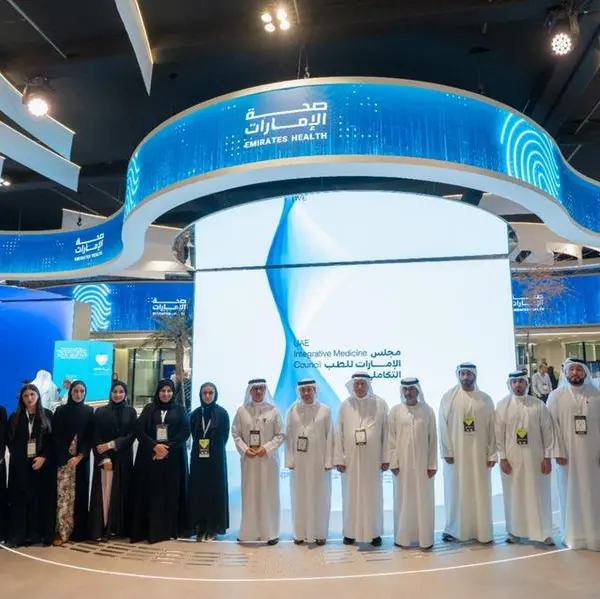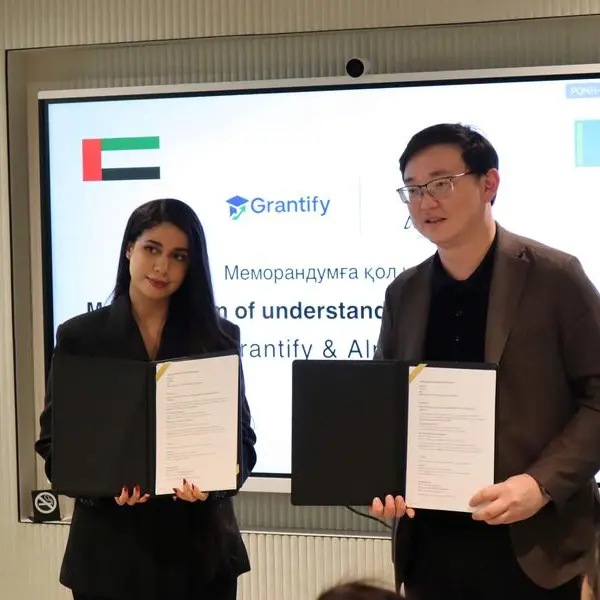PHOTO
Doha– Qatar Biomedical Research Institute (QBRI), part of Hamad Bin Khalifa University (HBKU), and the Harvard Stem Cell Institute (HSCI) recently held an inaugural symposium in Boston, United States as part of a five-year collaborative research and training agreement.
The symposium provided a platform for experts to discuss the latest research and breakthroughs on diabetes and stem cell biology and concluded on Saturday, April 20. It enabled scientists from both institutes to present their current research findings and propose specific research areas for upcoming projects.
Dr. Omar El-Agnaf, executive director at QBRI, said: “Stem cell research has long been identified as a core area of study presenting many promising prospects for diabetes therapy. Our partnership with HSCI is a significant step towards diabetes and stem cell research that can have a tangible and meaningful impact on their intended segments. The symposium provided an opportunity for scientists to share their expertise and collectively work towards breakthroughs in the research of diabetes. The event yielded fruitful outcomes, and we look forward to reaping mutual benefits that will undoubtedly arise from this collaborative agreement.”
Brock Reeve, executive director, HSCI said: "Meeting with our QBRI collaborators was an excellent opportunity to hear about research developments in Qatar, and to share knowledge in a range of areas from diabetes, cardiology, and nervous system diseases to bioinformatics and early-stage research programs. It was exciting to see our joint endeavors taking off and to discuss future projects, including clinical trials.”
In 2018, QBRI inked an important five-year agreement with HSCI that includes technical training and research in stem cell biology, which are essential for discovering viable treatments for diabetes.
As part of the collaborative agreement, the first project on stem cells and diabetes between the two entities was already launched. The joint project will make use of the unique integrated expertise at QBRI and HSCI and will enable researchers from the stem cell biology, diabetes, genomics and structural biology to collaborate and utilize diverse tools to discern the function of transcription factors expressed during pancreas development and play a critical role in β-cell functionality.
QBRI staff, working in the stem cells and diabetes field, now have the opportunity to be based in HSCI premises, where they can be trained, exchange knowledge and best practices with their Harvard peers, with the ultimate goal of translating discoveries into clinical trials and applications. So far, a QBRI core manager and researcher have benefitted from this experience, trained and conducted research at HSCI, with more staff and students set to make use of this valuable opportunity in the future.
As a result of this partnership, QBRI investigators have access to the largest collaborative network of stem-cell researchers globally. Clinical trials arising from agreement will be conducted with QBRI stakeholders, such as Hamad Medical Corporation and Sidra Medicine.
QBRI is committed to forging strategic partnerships with institutions who share in its aim to address major health challenges through research that can be used to develop preventative strategies for human diseases.
HSCI – a network of 1000 scientists at Harvard University and eight affiliated hospitals – is an advocate of research in stem cell biology and regenerative medicine. It is an influential partner for realizing QBRI’s ambitious strategic plan to develop the first cell-therapy program in the Middle East.
QBRI is one of three pioneering research entities within HBKU, each working progressively to advance knowledge and contribute to a burgeoning ecosystem that is supportive of innovation and excellence.
For more information on QBRI and its achievements, please visit qbri.hbku.edu.qa.
-Ends-
About Hamad Bin Khalifa University
Innovating Today, Shaping Tomorrow
Hamad Bin Khalifa University (HBKU), a member of Qatar Foundation for Education, Science, and Community Development (QF), was founded in 2010 as a research-intensive university that acts as a catalyst for transformative change in Qatar and the region while having global impact. Located in Education City, HBKU is committed to building and cultivating human capacity through an enriching academic experience, innovative ecosystem, and unique partnerships. HBKU delivers multidisciplinary undergraduate and graduate programs through its colleges, and provides opportunities for research and scholarship through its institutes and centers. For more information about HBKU, visit www.hbku.edu.qa
ABOUT HARVARD STEM CELL INSTITUTE
The Harvard Stem Cell Institute (HSCI), formed in 2004, brings together more than 1,000 scientists in the schools and affiliated hospitals of Harvard University. Its mission is to advance the understanding of human development and disease, support the discovery of stem cell-based therapies and cures for diseases, create collaborations across traditional institutional and disciplinary boundaries, and train the next generation of stem cell scientists. The HSCI funds novel research and fosters cross-discipline, cross-sector collaboration to accelerate discoveries that benefit humankind.
© Press Release 2019Disclaimer: The contents of this press release was provided from an external third party provider. This website is not responsible for, and does not control, such external content. This content is provided on an “as is” and “as available” basis and has not been edited in any way. Neither this website nor our affiliates guarantee the accuracy of or endorse the views or opinions expressed in this press release.
The press release is provided for informational purposes only. The content does not provide tax, legal or investment advice or opinion regarding the suitability, value or profitability of any particular security, portfolio or investment strategy. Neither this website nor our affiliates shall be liable for any errors or inaccuracies in the content, or for any actions taken by you in reliance thereon. You expressly agree that your use of the information within this article is at your sole risk.
To the fullest extent permitted by applicable law, this website, its parent company, its subsidiaries, its affiliates and the respective shareholders, directors, officers, employees, agents, advertisers, content providers and licensors will not be liable (jointly or severally) to you for any direct, indirect, consequential, special, incidental, punitive or exemplary damages, including without limitation, lost profits, lost savings and lost revenues, whether in negligence, tort, contract or any other theory of liability, even if the parties have been advised of the possibility or could have foreseen any such damages.




















